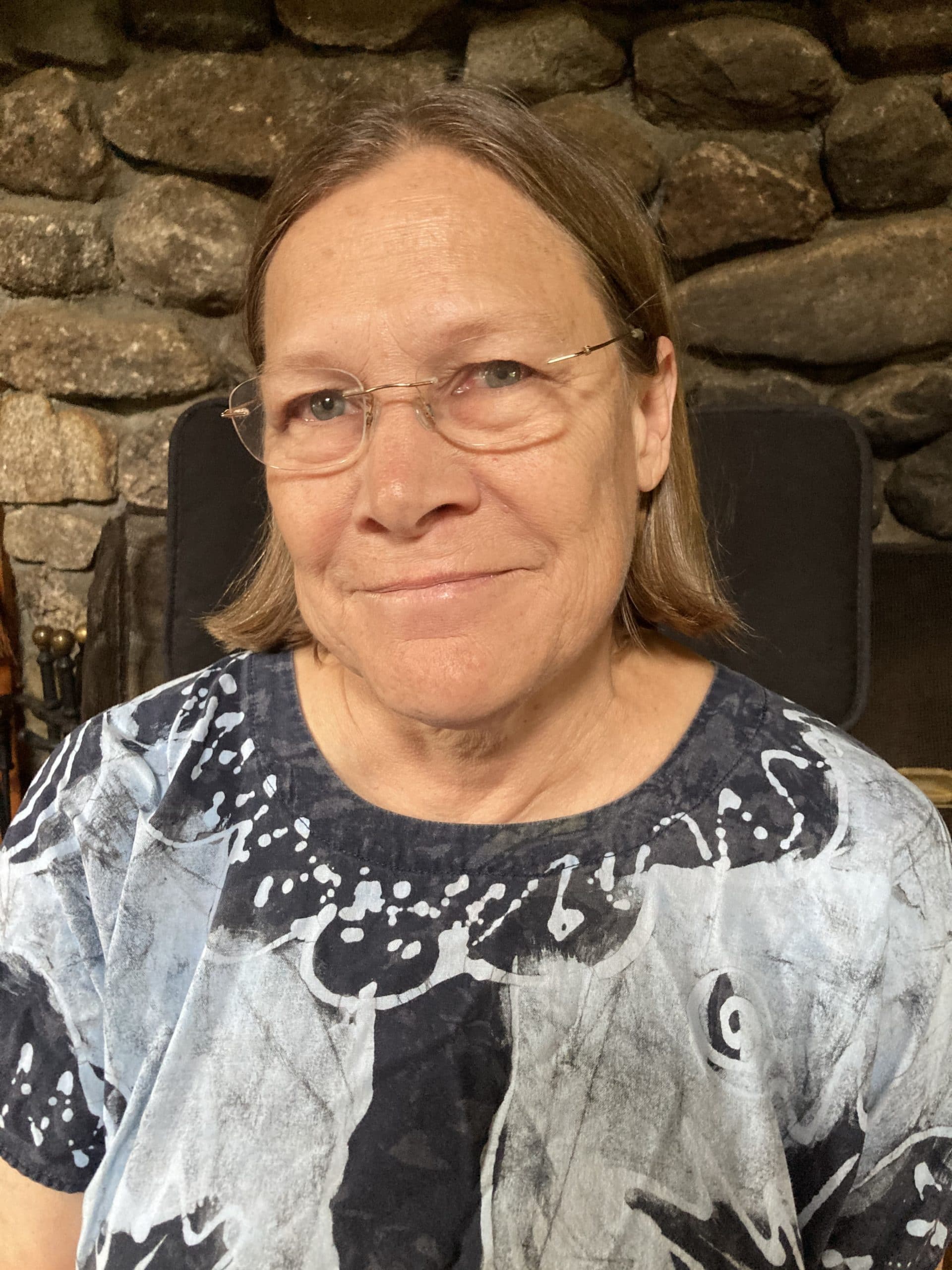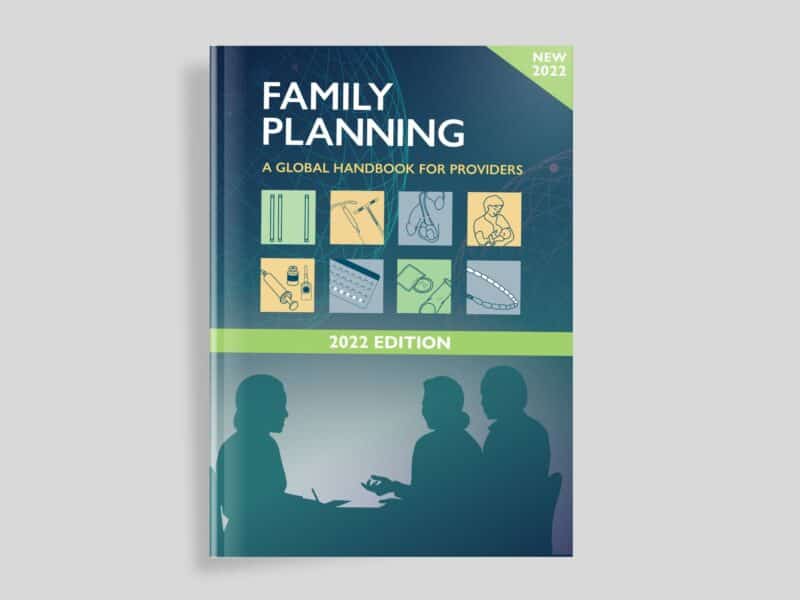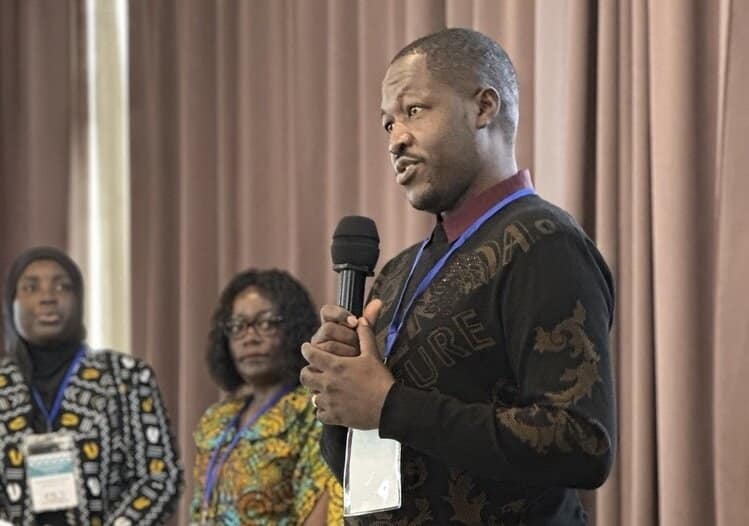Susan Rich, manages the family planning portfolio of a large donor to the Nigeria Urban Reproductive Health Initiative, which is led by the Johns Hopkins Center for Communication Programs. Rich formerly worked at the Bill & Melinda Gates Foundation, NURHI’s major donor, and some consider her the godmother of NURHI for her role in designing the project. The initiative officially ends this year after a decade of success. CCP’s Liz Tully recently spoke to Rich about her role in beginning the project and how the work of NURHI can be sustained going forward.
Liz Tully: How did your work in Nigeria begin?
Susan Rich: I had spent time in Nigeria when I was 19 in University and that’s where I was motivated to work on family planning because women were dying in childbirth. Years later, after 20 years in professional family planning, I went to the Gates Foundation and was asked to write a strategy for family planning and reproductive health. And that’s where NURHI was born, the idea. We wanted to show Bill Gates that his contributions could make a huge difference for family planning. The premise we had was that women were ready for family planning in cities and they needed information, good counseling, quality choices of contraception. We did it as sort of a hypothesis – if you put it out there, they will come. And they did, in big numbers. It was very rewarding.
LT: What do you think are the greatest accomplishments and key learnings of the NURHI project?
SR: Getting the public sector and traditional leaders, religious leaders involved was very important. I visited one of the congregations where the pastor had become part of NURHI’s informal family and had explained in scripture why this was the right thing to do for your wife. So the local language materials were very important, the magazines for young people. If you sum it all up, people were talking about topics that they didn’t normally talk about in public. It demystified the parts of family planning that needed to be demystified and destigmatized.
LT: What was your favorite activity in NURHI?
SR: Working with market women in southern Nigeria to see if they could be purveyors of contraceptives. I worked with one of King Sunny Adé’s musicians to create a condom song in Yoruba and this was played off the trucks going through the market — to make it normal, like soap or matches. Since the market women are everywhere, they are ubiquitous, if you could get them to sell condoms, it would be great. They created their own supply chain — there were some wholesalers and some retailers. My favorite vision was a girl with two boxes of 100 condoms going into the bush path. And I thought, “this stuff will fly if we have the right demand generation.” And that is also the principle of NURHI — create demand, create interest, make it normal, change behavior.
LT: As the NURHI project winds down, what are your final parting thoughts?
SR: Because I was on the ground floor of formulating the strategy, I have to say we were right, you know? We really debated this [NURHI concept] with Bill Gates. He was saying, “why don’t you go to the rural areas, people have more needs in the rural areas.” And we said, “they aren’t ready yet but they will be ready in cities because they are modernizing, they have radios and cell phones. And they are ready for family planning.”
I think CCP was a great group to work in Nigeria. Moji [CCP’s Dr. Mojisola Odeku, who leads NURHI’s family planning portfolio in Nigeria] is fantastic. [CCP Executive Director] Susan Krenn has a personal commitment — she lived there for a while. I think there were a number of players that made this thing work even though there were lots of challenges along the way. Simple things like contraceptive supply chain issues — they had to be solved or it wasn’t going to work at all. So the building blocks had to be in place. The passion, which Moji and Susan carry, had to work through all of those problems and still see the successes that were just great — the increase in contraceptive use was significant.
I am very proud of NURHI because we had to go to the mat to argue for this strategy to be approved.
LT: And it proved worth it, right?
SR: Definitely. The Gates Foundation was not working in Nigeria when it started. I was the first program officer to go to Nigeria. It has really meant more to the Gates Foundation than just the family planning piece because now they are doing a lot of kinds of work in Nigeria.





